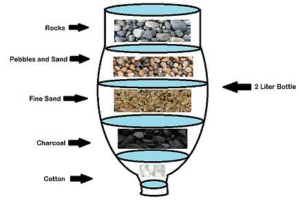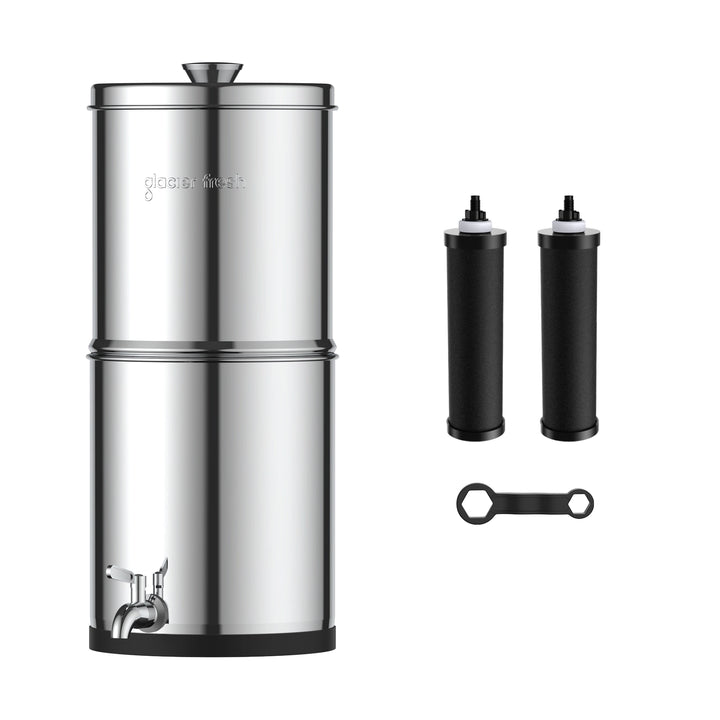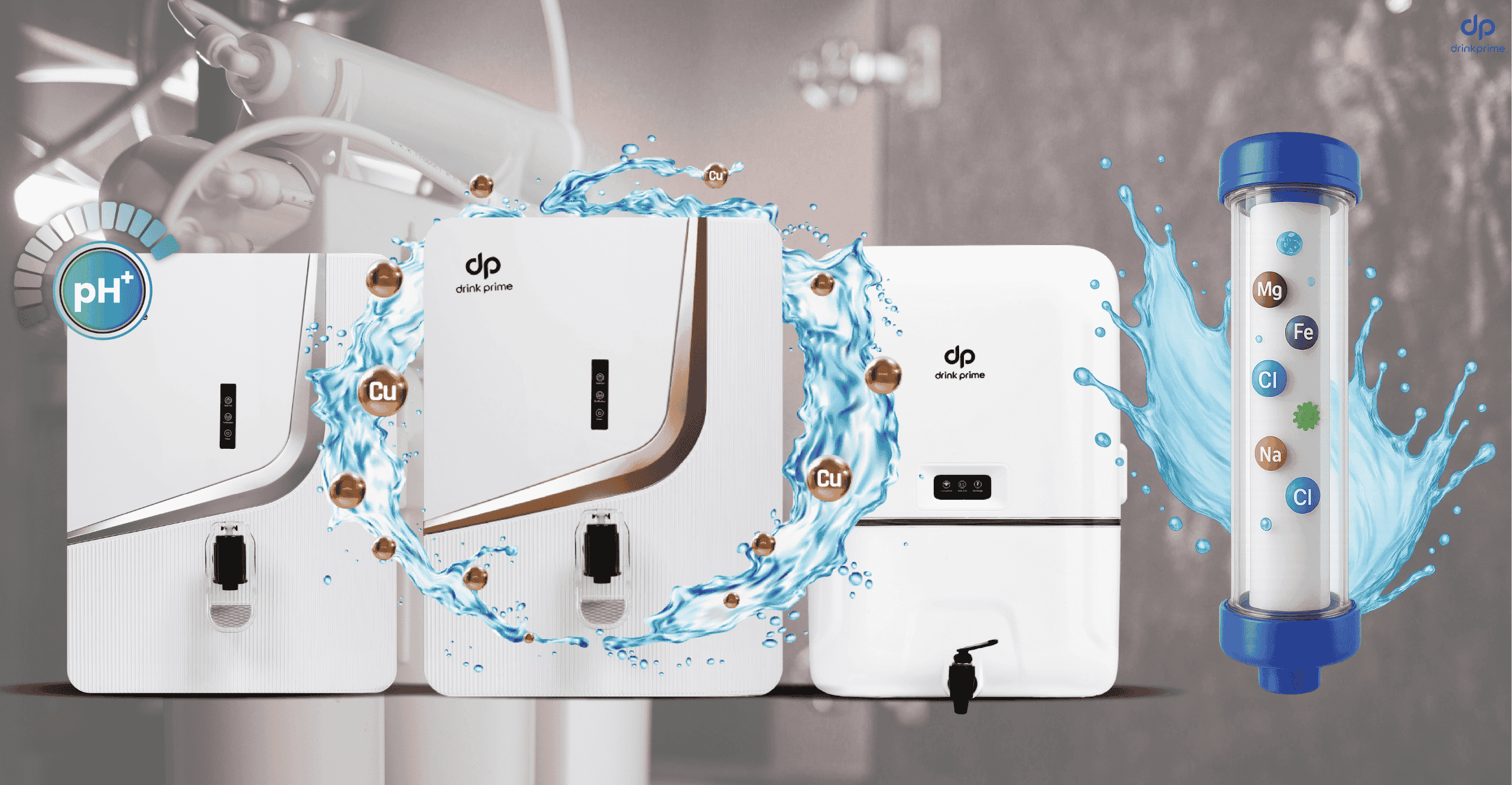Water Filtration Myths You Should Stop Believing

Water filtration is essential for ensuring safe and clean drinking water, but many misconceptions surround this topic. In this article, we’ll debunk common myths and provide clear, factual information to help you make informed decisions about water filtration.
Common Water Filtration Myths

Myth 1: All Water Filters Remove All Contaminants
Many people believe that any water filter will remove every harmful substance from water. However, different filters target different contaminants. For example, activated carbon filters are excellent at removing chlorine and improving taste but may not remove heavy metals or bacteria.
Myth 2: Boiling Water Is Enough to Make It Safe
While boiling water kills most bacteria and viruses, it does not remove chemical pollutants or heavy metals. Relying solely on boiling can leave harmful substances in your water.
Myth 3: Bottled Water Is Always Safer Than Tap Water
Bottled water is not necessarily safer than tap water. In many cases, tap water is subject to stricter regulations and testing. Additionally, bottled water can contain microplastics and is less environmentally friendly.
Myth 4: Water Filters Last Forever
Filters have a limited lifespan and need regular replacement to function effectively. Using an expired filter can result in poor water quality and potential health risks.
How Water Filtration Works
Water filtration systems use various technologies such as activated carbon, reverse osmosis, UV purification, and ceramic filters. Each method targets specific contaminants:
| Filtration Method | Removes | Typical Use Case |
|---|---|---|
| Activated Carbon | Chlorine, odors, some pesticides | Improving taste and odor |
| Reverse Osmosis | Heavy metals, salts, bacteria | Producing very pure water |
| UV Purification | Bacteria, viruses | Disinfection without chemicals |
| Ceramic Filters | Sediment, bacteria | Portable and household filters |
FAQs
Q1: Can I rely on a single filter for all my water needs?
A: No, it’s important to choose a filter based on the specific contaminants in your water supply.
Q2: How often should I replace my water filter?
A: Replacement frequency varies by filter type and usage but typically ranges from 3 to 12 months.
Q3: Is filtered water better for health?
A: Filtered water can improve taste and reduce exposure to harmful substances, contributing to better health.
Conclusion
Understanding the facts about water filtration helps you avoid common pitfalls and ensures you select the right system for your needs. Stop believing these myths and make informed choices for cleaner, safer water.
This expanded content provides a structured, SEO-friendly foundation for your blog article, including tables, lists, and FAQs to engage readers effectively.
